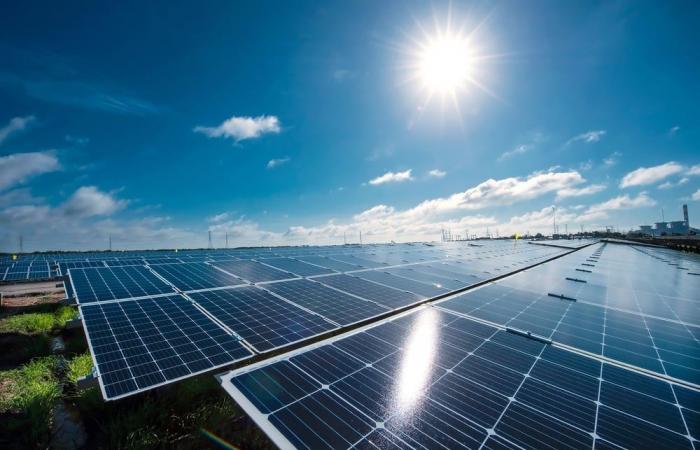
Faced with a global market dominated by China, the French solar panel industry is trying to regain color thanks to large-scale industrial initiatives. These projects, bringing jobs and environmental promises, demonstrate a strategic leap to respond to the challenges of energy transition and European industrial sovereignty.
China, undisputed but contested leader in global solar power
Today, China reigns supreme in the photovoltaic panel market, producing 90% of the world's supply. Chinese companies, benefiting from significant subsidies, dominate exports with a record figure of 45 billion euros in 2023. This hegemonic position considerably weakens local industries in Europe, which struggle to compete in the face of very competitive prices.
The situation in France:
- In fifteen years, almost all national companies have closed their doors.
- The SME Voltec Solar, located in Bas-Rhin, is the latest representative of the sector.
To counter this dependence, the European Union has set a clear objective: by 2030, 40% of solar panels installed on the continent will have to be produced locally, an approach supported by reindustrialization initiatives.
An industrial recovery driven by large-scale projects
Two major factory projects, one of which is carried out by the Chinese company DAS Solar, embody the hope of an industrial renewal in France. These initiatives aim to meet a dual requirement: reducing European dependence on imports and strengthening local production capacity.
A DAS Solar factory in Doubs
- Investment : 109 million euros.
- Jobs: 450 to 600 from the initial phase, with a total potential of 2,500 positions.
- Localisation : a former industrial site rehabilitated in Mandeure, near Montbéliard.
- Planned capacities: 3 gigawatts
According to DAS Solar officials, this establishment responds to strong demand from the European Union for locally manufactured products, while relying on close cooperation with local authorities.
Holosolis: a gigafactory in Moselle
- Announced capacity: largest European factory of solar panels and photovoltaic cells.
- Economic impact: 1,700 jobs created.
- Start of work: planned for 2025.
This project, supported by legislative incentives and a European strategic vision, demonstrates the desire to firmly anchor a complete photovoltaic production chain in the territory.
A promising but demanding market
Solar energy represents a key issue for the French energy transition. The national photovoltaic market is estimated at 20 billion euros over the next ten years. However, this renewal comes with challenges:
- High production costs in Europe : competitiveness remains a major obstacle in the face of subsidized Chinese imports.
- Technological modernization : several years of deindustrialization have left a significant technical delay.
- Complex regulations : although necessary, they sometimes lengthen implementation times.
The recently adopted protectionist European strategy nevertheless offers a more favorable framework for the development of a local industry, making these projects viable in the long term.





